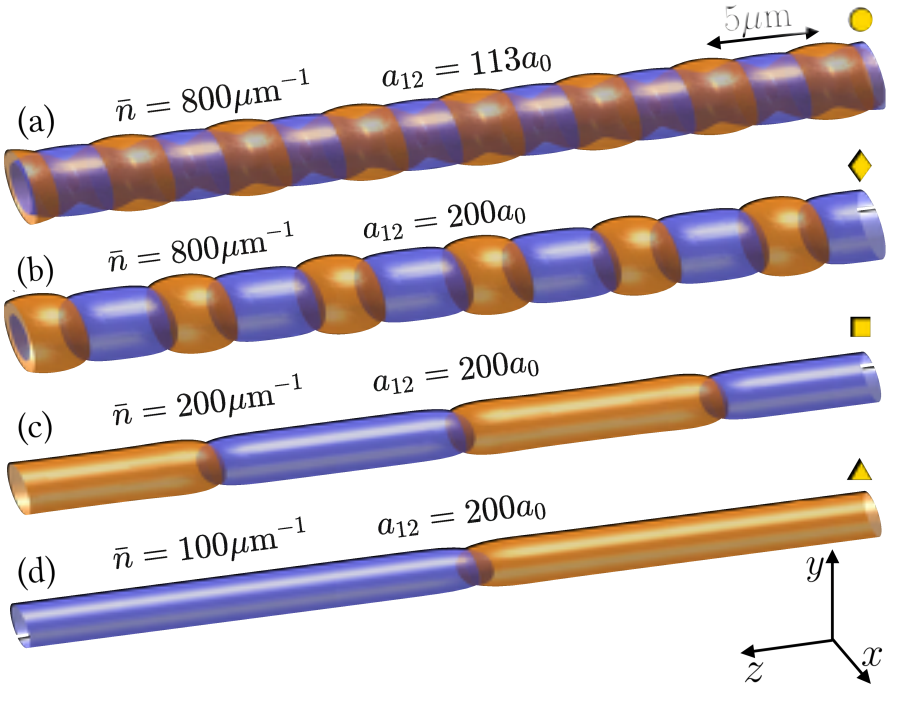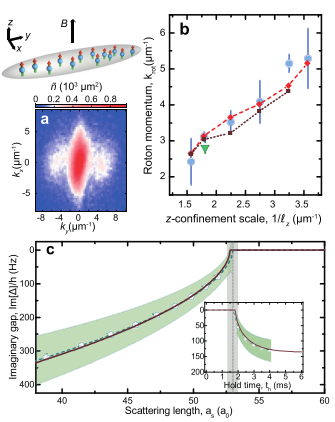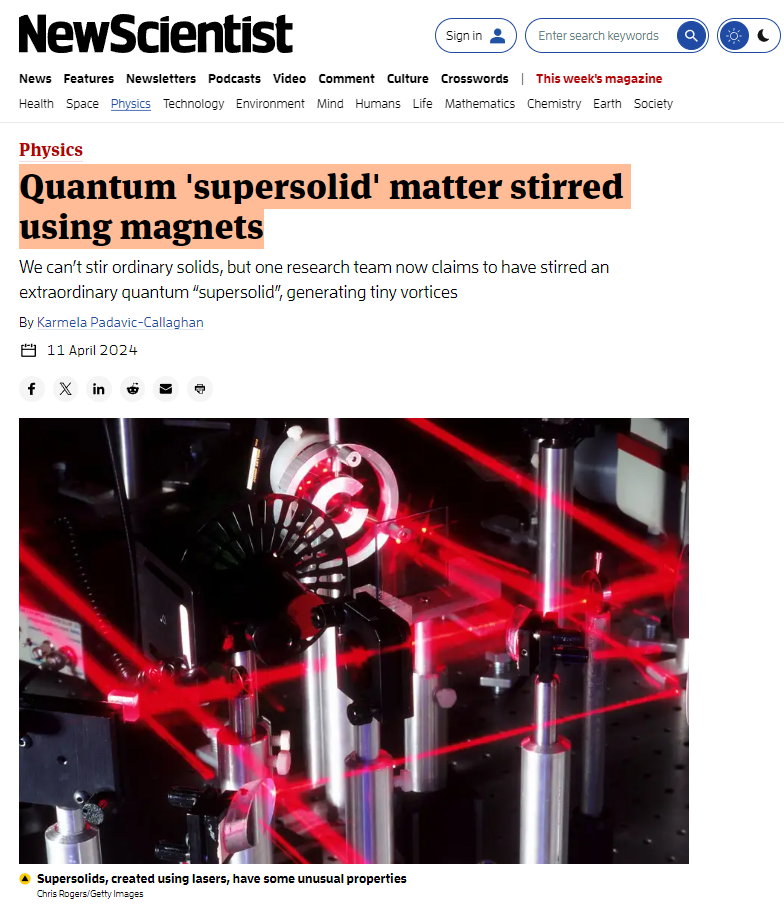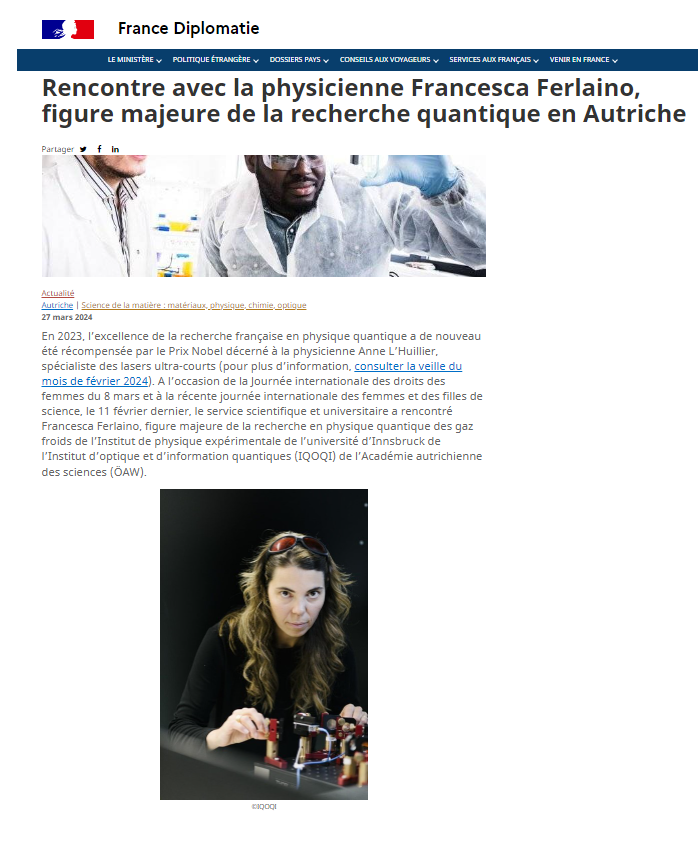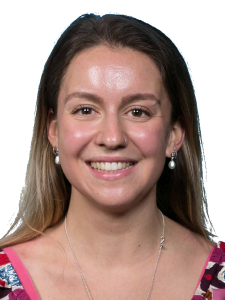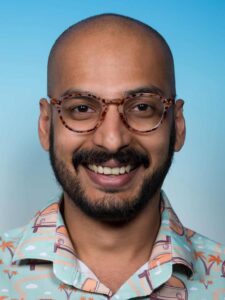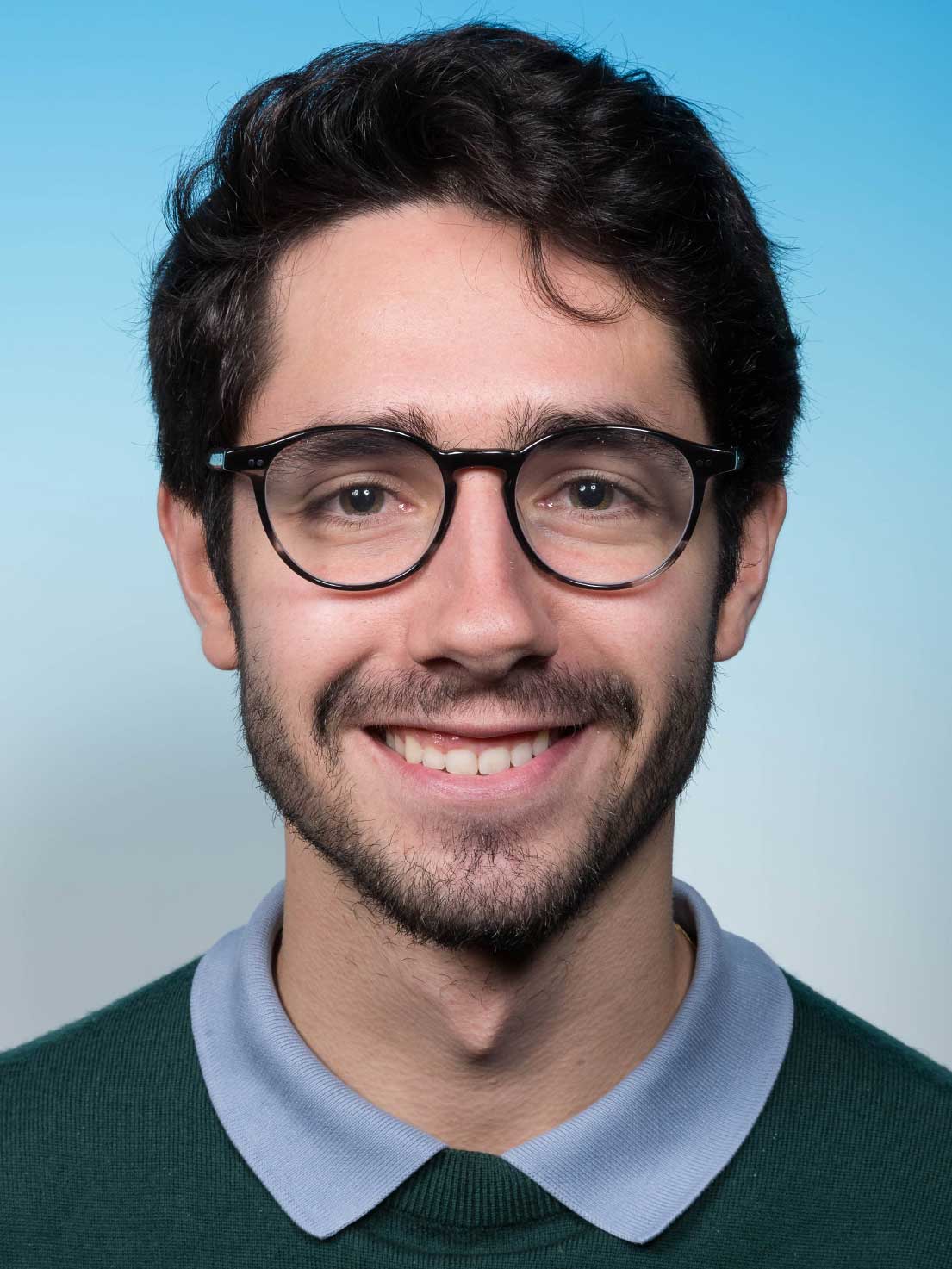
2025 Group Openings!
We are happy to announce that our dipolar quantum gas group has an Academy Scientist + Postdoc and PhD positions open for 2025!

Vortices in a supersolid
2024’s Biggest Breakthroughs in Physics: Our research on the observation of vortices in a dipolar supersolid featured by Quanta magazine!

Austrian of the Year 2024
Francesca was crowned as the ‘Austrian of the Year’ in the research category at the Austria 24 gala by Die Presse!

Summer BBQ
Our 2024 Summer BBQ took place on the 24th of June and celebrated the many different achievements of the group!

Murder Mystery Dinner
Our 2024 group dinner took place on the 18th of January at CasoinN da Giorgio restaurant, with a 1920’s Murder Mystery theme!

Glitches in supersolids: links between neutron stars and quantum matter
By emulating the connection between a rotating supersolid phase and an external solid phase, we were able to replicate “glitches” – sudden jumps in the solid angular momentum driven by quantum vortices leaving the supersolid.

Cluster of Excellence Quantum Science Austria granted
Three Clusters of Excellence in Innsbruck have been funded! With highly endowed clusters of excellence, the Austrian Science Fund FWF creates Austrian flagships of basic research. The University of Innsbruck will coordinate the Cluster of Excellence for Quantum Sciences.

Bloch Oscillations
By letting an erbium quantum droplet fall under gravity through an optical lattice, it is possible to understand the inter-atomic interactions and quantum fluctuations through variations of the Bloch oscillation.

ERC Advanced Grant DymetEr has been funded!

Happy 10th Birthday to the first Erbium BEC!
Our group studies dipolar quantum gases made of Erbium (Er) and Dysprosium (Dy) atoms. These extraordinarily magnetic species are a powerful new resource for reaching quantum simulation with strong connectivity, in which each atom is coupled to the other over long distances, and exploring exotic phases of matter that have no classical counterpart.
We have three labs: the ERBIUM LAB, where Er was Bose condensed for the first time ever, the Er-Dy LAB which studies quantum dipolar mixtures under a quantum-gas microscope, and the T-REQs LAB, where we trap Er atoms in arrays of optical tweezers for Rydberg physics. Recently, we have established a Theory Group aimed at studying and predicting dipolar phenomena in dipolar quantum gases and mixtures.
The group, led by Francesca Ferlaino, is jointly located at the Institute for Experimental Physics (IExP) of the University of Innsbruck and at the Institute for Quantum Optics and Quantum Information (IQOQI) of the Austrian Academy of Sciences, and it is part of the Innsbruck Center for Ultracold Atoms and Quantum Gases.
Follow our group’s updates on  . and
. and  .
.
News from the labs
We investigate the possibility of supersolidity in a binary anti-dipolar condensate!
Keep Reading ...
We review the experiments of dipolar ultracold atoms, and highlight key discoveries over the past decade.
Keep Reading ...
In the T-REQS lab we have now loaded our first atoms into optical tweezers! This is an significant step towards our goal of producing arrays of single atoms within tweezers which we will use to study the interactions of Rydberg atoms.
Keep Reading ...
Group news
Our latest research on the observation of vortices in a dipolar supersolid has been featured in NewScientist!
Keep Reading ...
The application deadline for the 2024 Aurora Fellowship has been extended to April 14th!
Keep Reading ...
The French Ministry of Foreign Affairs published a profile on group leader Francesca Ferlaino, Univ.-Prof. Dr., about her research, career and commitment to gender equality in Science.
Keep Reading ...
Welcome and goodbye
In January 2024, Johanna Hennebichler defended her master thesis and is now officially a Master of Science!
Keep Reading ...
Welcome to Pramodh who joined the Theory team as a Postdoc Fellow. Pramodh did his PhD at the University of Alberta Edmonton, AB, Canada, where he worked with Prof. Joseph Maciejko and Prof. Frank Marsiglio.
Keep Reading ...
Welcome to Leonardo, who has joined the Theory team as PhD Student. Leonardo joined us from the Vienna University of Technology, where he collaborated together with Dr. Helmut Eberl and an international team.
Keep Reading ...
![]() . and
. and  .
.










